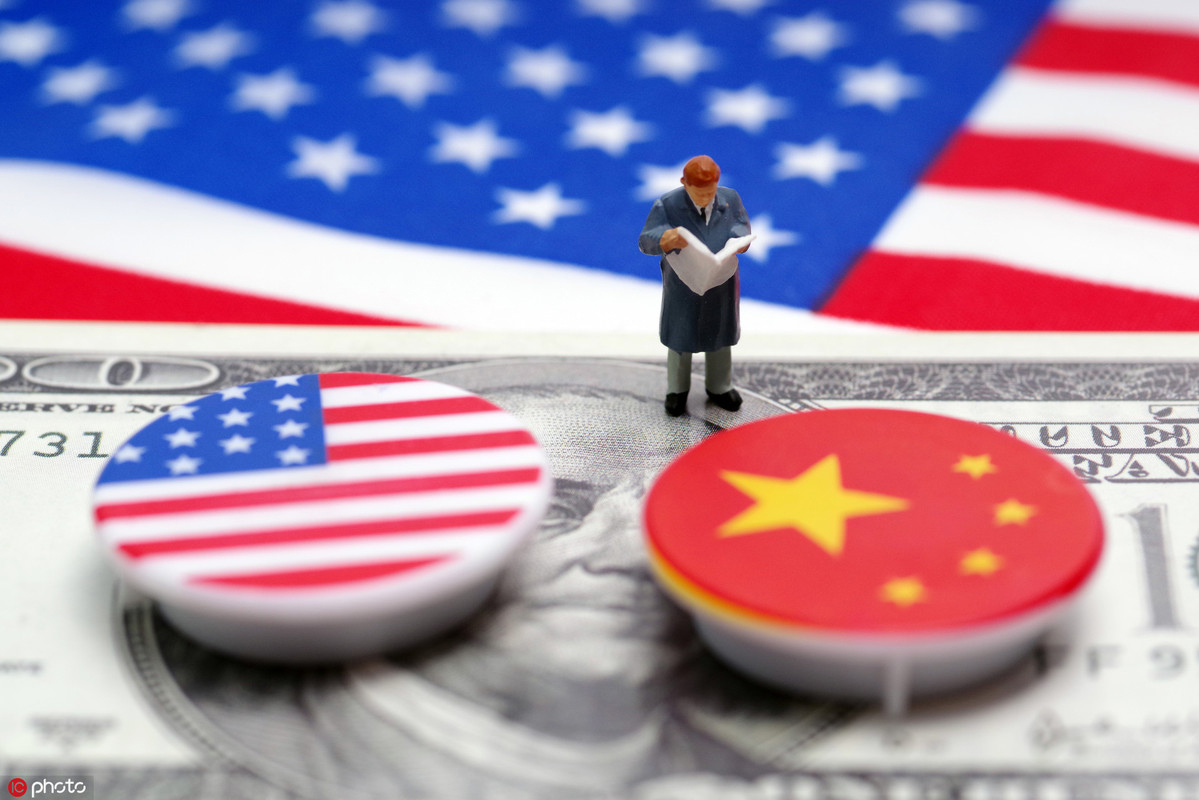Courage and sanity of speaking up against hate speech targeted at China


Having served as US ambassador to China from 2014 to 2017, Max Baucus knows China better than most Americans. He has travelled to all Chinese provinces and jocularly calls himself a "WeChat nut", referring to the popular Chinese messaging, social media and mobile payment app. But that doesn't mean the former US Senator from Montana has not been critical of China when speaking to US news media outlets in the past years.
Yet what he told CNN on May 6 was astonishing.
Baucus said the incumbent US administration's rhetoric against China is over the top. "We're entering a kind of an era which is similar to Joe McCarthy back when he was red-baiting the State Department, attacking communism. A little bit like Hitler in the 30s," he told CNN anchor Hala Gorani.
A lot of people knew what was going on was wrong, but didn't stand up and say anything about it, Baucus said, because "they felt intimidated."
Today, if anybody in the United States says anything reasonable about China, he or she feels intimidated, afraid his/her head would be chopped off, he said. "And back in the 30s in Germany was very similar."
As one who follows US politics closely, I can't agree more with Baucus, and I applaud him for speaking truth to power at a time when anti-China rhetoric seems to be the flavor of the season in Washington. Immediately, the Republicans in Montana launched a vicious counterattack on Baucus, demanding that Democrats in the state denounce his comments.
I got to know and interview many prominent China experts during my years in the US. Only a few of them have spoken up against the rampant China bashing. The majority of them, exactly as Baucus said, have sadly chosen to remain silent for fear of being denounced as a "traitor" or "China sympathizer," a derogative term in the US today.
The hate speeches against China by the US leader, senior officials, right-wing lawmakers and some TV commentators have reached an unprecedented level in the past few years.
A 57-page memo by the National Republican Senatorial Committee on April 17 advised the Grand Old Party candidates to address the novel coronavirus pandemic by aggressively attacking China. It follows a White House cable, reported by the Daily Beast on March 21, which instructs US government agencies to launch a campaign blaming China for the pandemic, in order to divert public attention from the US administration's mishandling of the public health crisis.
And judging by his tweets and speeches, US Secretary of State Mike Pompeo has carried out the instructions in earnest. He truly deserves the title of the US president's "attack dog on China" as The Hill newspaper said on Sunday.
GOP Senators Tom Cotton and Josh Hawley have also been closely following the playbook by spreading rumors about the virus being manmade in a Wuhan laboratory despite numerous scientists saying it originated in nature.
Bryant "Corky" Messner, a Republican running for US Senate nomination in New Hampshire, has joined the circus by giving a call last week to ban Chinese students from US colleges and universities, reminiscent of the notorious Chinese Exclusion Act that came into force in 1882 and was repealed only in 1943.
The smear-China campaign is not just a Republican dirty trick. Democratic presidential candidate Joe Biden has joined the incumbent US president in a race-to-the-bottom game of accusing each other of being soft on China. Both candidates are spending millions of dollars ahead of the presidential election, scheduled for Nov 3, on advertisement campaigns targeting the other's record on China.
That is why courage and sanity, as demonstrated by Baucus, are so important in these dark times of US politics.
The author is chief of China Daily EU Bureau based in Brussels.

































